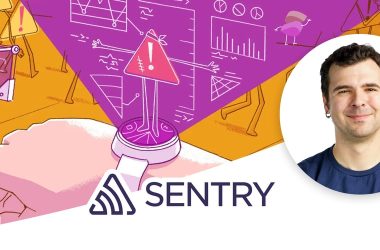Introduction
One of the students in my Introduction to Functional Programming course recently submitted a code snippet. It became evident that they assumed Elixir’s ‘for’ construct operates similarly to ‘for’ loops in non-functional programming languages. However, this is not the case, as Elixir’s ‘for’ is fundamentally different in its behavior.
What’s a list comprehension?
The command ‘for’ in Elixir is a list comprehension. The result of a ‘for’ is a list.
For instance, in the example below, ‘i’ goes from one to ten. The result is a list containing each value of ‘i’ multiplied by 10.
for i <- 1..10 do
i * 10
end
[10, 20, 30, 40, 50, 60, 70, 80, 90, 100]
You could do the same using Enum.map/2.
1..10
|> Enum.map(fn x -> x * 10 end)
[10, 20, 30, 40, 50, 60, 70, 80, 90, 100]
If, instead, you wanted the result of the sum of all the values of the list, you would have two options.
The first one is to use Enum.sum() to sum all values of the resulting list.
1..10
|> Enum.map(fn x -> x * 10 end)
|> Enum.sum()
550
The second option is to use Enum.reduce/2:
1..10
|> Enum.reduce(fn x, accum -> x * 10 + accum end)
541
What if I wanted to multiply all values of the resulting list? The following solution would not work.
1..10
|> Enum.reduce(fn x, accum -> x * 10 * accum end)
3628800000000000
Because this is the value of 10 *… * 100:
10 * 20 * 30 * 40 * 50 * 60 * 70 * 80 * 90 * 100
36288000000000000
The correct way is:
1..10
|> Enum.reduce(1, fn x, accum -> x * 10 * accum end)
36288000000000000
What’s the difference between Enum.reduce/2 and Enum.reduce/3?
Back to for
‘For’ allows you to have more than one generator (the ‘i <- 1..10' part):
for i <- 1..3, j <- ["Brasil", "Mexico", "Angola"] do
{:number, i, :country, j}
end
[
{:number, 1, :country, "Brasil"},
{:number, 1, :country, "Mexico"},
{:number, 1, :country, "Angola"},
{:number, 2, :country, "Brasil"},
{:number, 2, :country, "Mexico"},
{:number, 2, :country, "Angola"},
{:number, 3, :country, "Brasil"},
{:number, 3, :country, "Mexico"},
{:number, 3, :country, "Angola"}
]
You can also add filters:
require Integer
for i <- 1..3,
j <- ["Brasil", "Mexico", "Angola"],
Integer.is_even(i),
String.starts_with?(j, "B") do
{:number, i, :country, j}
end
[{:number, 2, :country, "Brasil"}]
There are many more things that you can do with ‘for’, ‘map’ and ‘reduce’. Explore Elixir’s docs to learn more!





